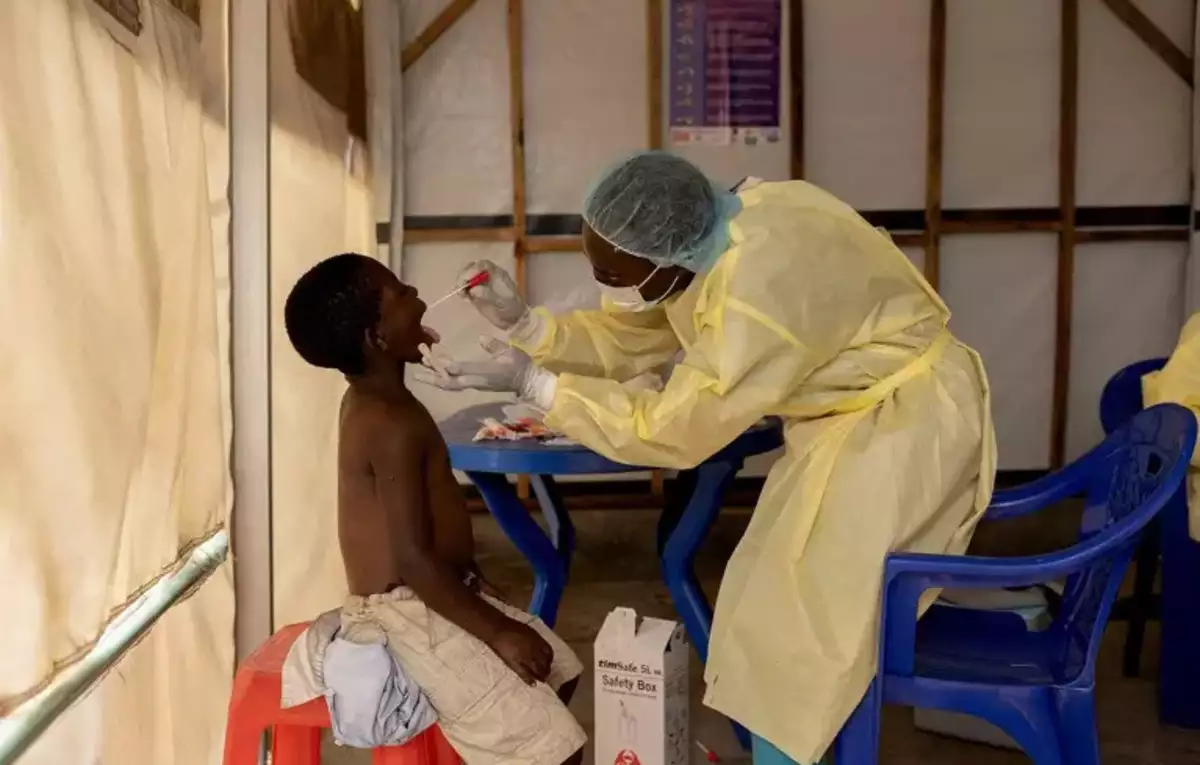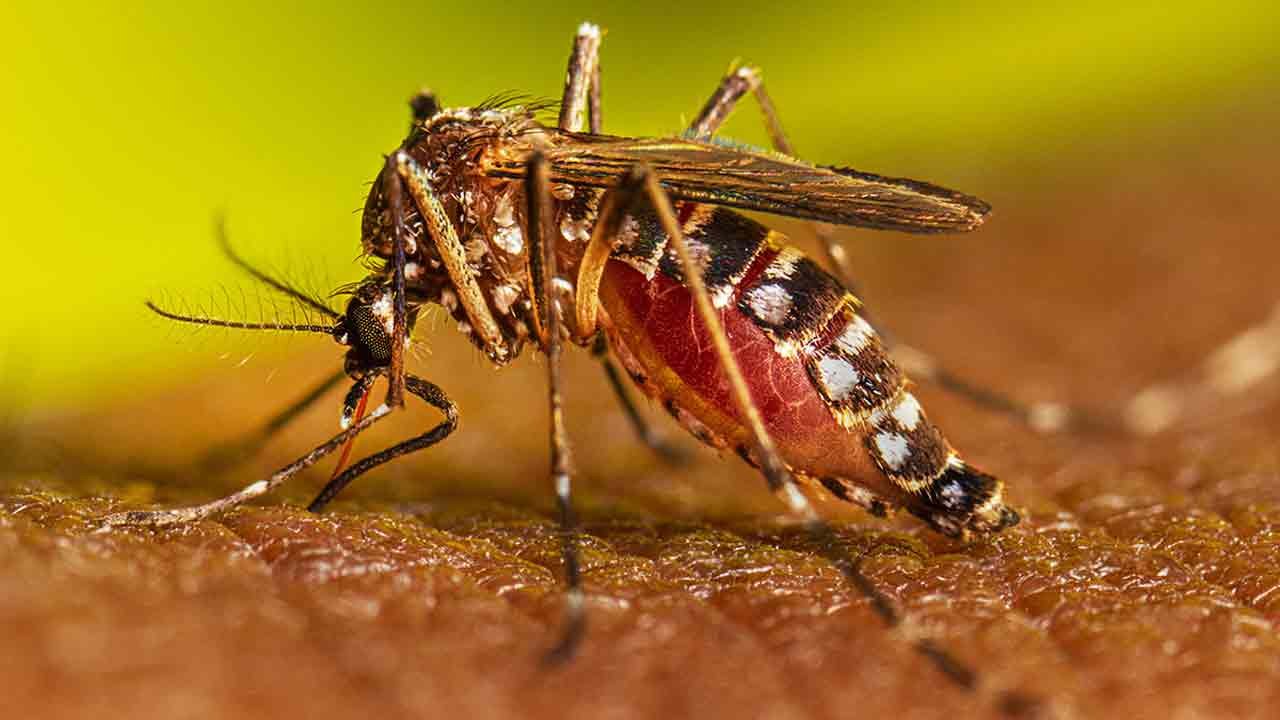Eric Mbonigaba, a Burundian motorcycle taxi driver, recovered from mpox after a four-week hospital stay but now faces stigma that threatens his livelihood and home. As one of the first people diagnosed with mpox in Burundi, Mbonigaba’s experience highlights the social challenges that accompany the country’s fight against the disease.
After being discharged from the hospital, Mbonigaba returned to his home in Bujumbura, the country’s financial capital, only to be told by his landlady that he had to leave. “She refused to take my rent. I could be evicted at any moment, and I have no place to shelter my family,” said the 31-year-old father of two. His facial scars, left by mpox’s pus-filled lesions, scare away potential customers, further jeopardizing his income.
Mbonigaba’s case is not unique. He noted that another mpox patient also faces eviction from their landlord. The ongoing stigma surrounding the disease is a growing obstacle for those affected.
Burundi has recorded nearly 600 mpox cases since July 25, making it the second most-affected country in Africa. The United Nations health officials warn that if stigma is not addressed, it could slow efforts to curb the outbreak. “If people are scared and don’t want to come forward, it will take a long time,” said Paul Ngwakum, UNICEF’s Regional Health Adviser for Eastern and Southern Africa.
Some Burundians, including Mbonigaba’s friends, are choosing to treat their symptoms secretly at home, avoiding government-mandated hospital visits for free treatment. This reluctance to seek help reflects the deep-seated fears about social rejection.
Burundi’s government has not publicly addressed the stigma issue. A health ministry spokesman has indicated that a probe will be conducted into the matter. According to the World Health Organization, while Africa has reported over 800 deaths from mpox this year—mostly in the Democratic Republic of Congo—Burundi has not recorded any fatalities.
Despite this, the ongoing stigma threatens to undermine the nation’s efforts to stop the spread of the disease.



